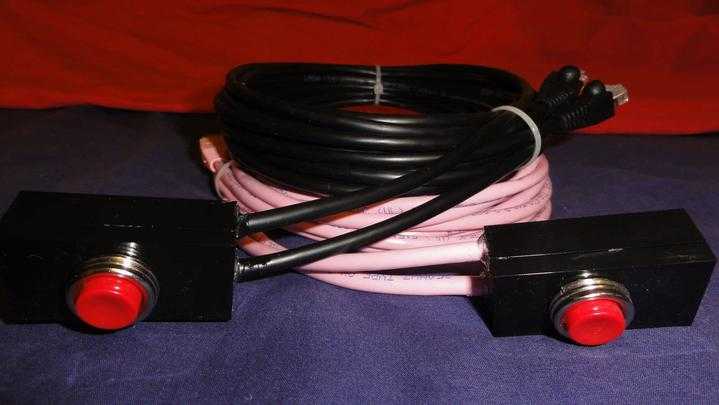
You still need to configure the LAG on each device, but LACP helps prevent one of the most common problems that can occur during the process of setting up link aggregation: misconfigured LAG settings. LACP lets devices send Link Aggregation Control Protocol Data Units (LACPDUs) to each other to establish a link aggregation connection.

Link Aggregation Control Protocol is an IEEE standard defined in IEEE 802.3ad.

What is Link Aggregation Control Protocol (LACP)? Linux-based devices, such as NETGEAR ReadyNAS storage devices, often offer several additional types of link aggregation that provide increased fault tolerance or load balancing instead of increased bandwidth.
#What is lag switch manual
Refer to your product’s user manual to see whether your device supports LACP. Some devices support static LAGs, but do not support dynamic LAGs with LACP. Dynamic LAGs use Link Aggregation Control Protocol (LACP) to negotiate settings between the two connected devices. The two primary types of LAGs are static (also known as manual) and dynamic. Link aggregation increases bandwidth without requiring new equipment.
#What is lag switch upgrade
A physical network upgrade can be expensive, especially if it requires new cable runs. The aggregated physical links deliver higher bandwidth than each individual link. Traffic can be load-balanced across the physical links. If one of the physical links in the LAG goes down, traffic is dynamically and transparently reassigned to one of the other physical links.

For example, you can include a LAG in a virtual local area network (VLAN). Network devices and management functions treat the link aggregation group (LAG) of multiple Ethernet connections as a single link. The most common device combinations involve connecting a switch to another switch, a server, a network attached storage (NAS) device, or a multi-port access point.


 0 kommentar(er)
0 kommentar(er)
